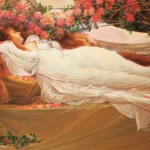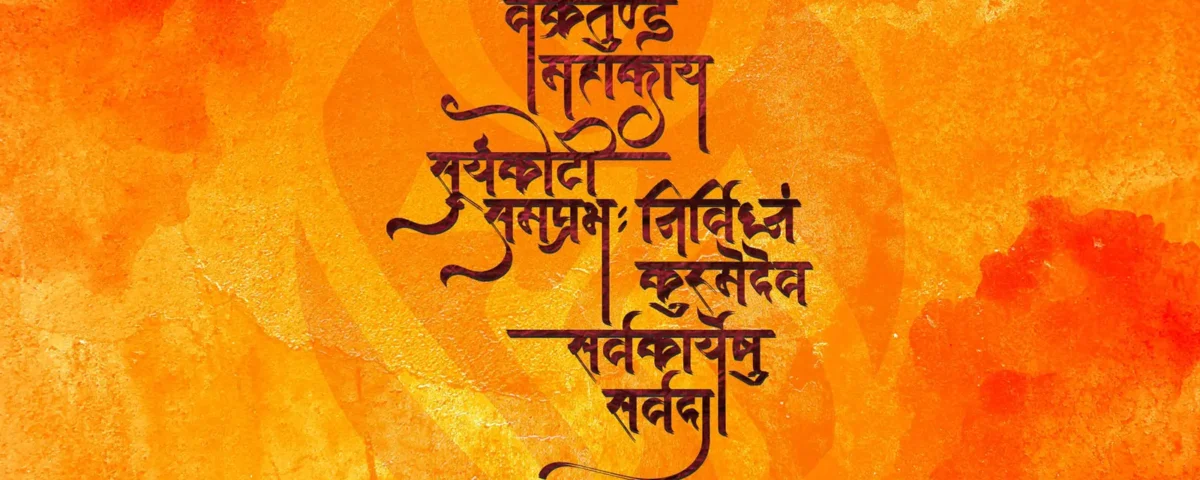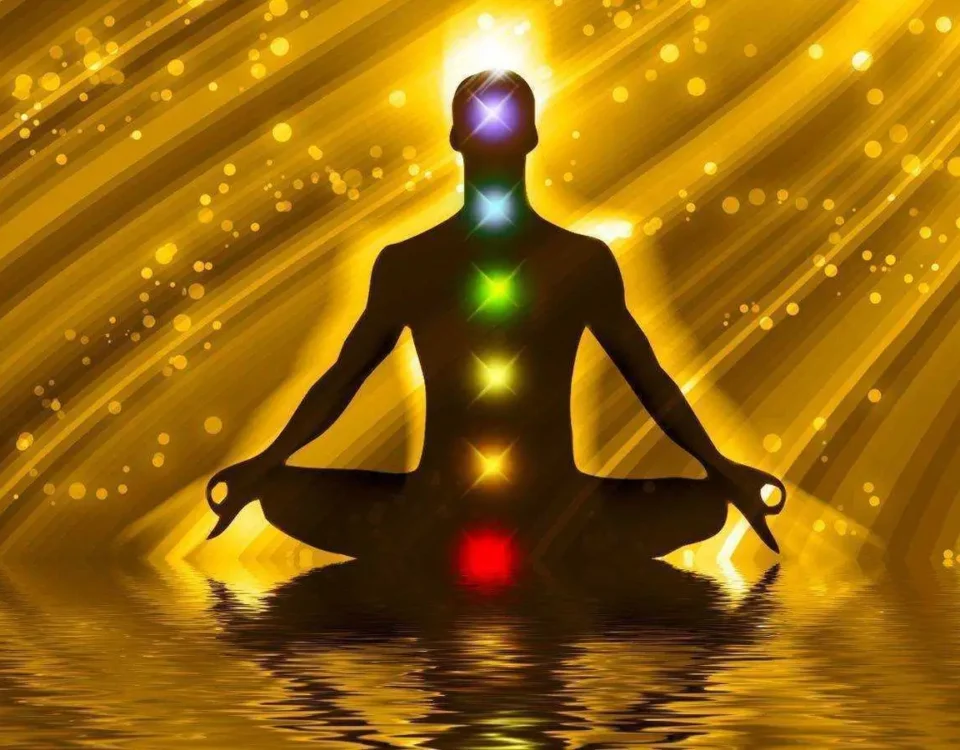
Unlock Your Creativity: Art and Craft Ideas for Every Skill Level
April 11, 2024
What Art Teaches Us: Insights into the Human Condition
April 11, 2024Since ancient times, art has been an essential component of human civilization, acting as a vehicle for expression, communication, and reflection on culture and society. Beyond aesthetic enjoyment, art has a significant impact on our lives, encouraging creativity, empathy, and personal development. In this article, we will look at the many different roles that art plays in our lives, as well as its impact on individuals and society at large.
- Expression and Communication: Art serves as a powerful means of expression, allowing individuals to convey their thoughts, emotions, and experiences in unique and profound ways. Whether through painting, sculpture, literature, music, or dance, artists express their innermost feelings and perspectives, inviting viewers to engage with and interpret their work. This process of creative expression fosters introspection, self-awareness, and catharsis, enabling both artists and audiences to explore complex emotions and connect with others on a deeper level.
- Cultural Reflection and Preservation: Art acts as a mirror reflecting the cultural identity, values, and heritage of a society. Through artistic expressions such as folk tales, traditional crafts, and indigenous rituals, communities preserve and transmit their rich cultural traditions from generation to generation. Moreover, contemporary artists often challenge societal norms and provoke critical discourse on pressing issues, contributing to cultural evolution and social change. By embracing diverse artistic perspectives, we gain a deeper understanding of our own culture and appreciate the richness of human diversity.
- Stimulating Creativity and Innovation: Engagement with art stimulates creativity and imagination, nurturing the cognitive skills essential for innovation and problem-solving. Whether by exploring new artistic techniques, experimenting with different mediums, or contemplating abstract concepts, individuals develop flexible thinking and adaptive strategies that extend beyond the realm of art. Studies have shown that exposure to art enhances cognitive functions, including lateral thinking, visual-spatial reasoning, and emotional intelligence, which are invaluable in various professional fields and daily life.
- Emotional and Psychological Well-being: Art has a profound impact on our emotional and psychological well-being, serving as a source of inspiration, solace, and healing. The act of creating art can be therapeutic, providing a therapeutic outlet for stress, anxiety, and trauma. Similarly, experiencing art can evoke profound emotional responses, eliciting feelings of joy, awe, empathy, and introspection. Art therapy has emerged as a recognized form of psychotherapy, harnessing the transformative power of art to promote self-expression, emotional resilience, and personal growth.
- Social Cohesion and Empathy: Art has the remarkable ability to bridge cultural, social, and linguistic barriers, fostering empathy, understanding, and social cohesion. Artistic collaborations and cultural exchanges facilitate dialogue and mutual respect among diverse communities, transcending differences and celebrating shared humanity. Through the lens of art, we gain insights into the lived experiences of others, cultivating empathy and compassion for individuals from different backgrounds and perspectives. In this way, art serves as a catalyst for social change, promoting inclusivity, justice, and solidarity in an increasingly interconnected world.


